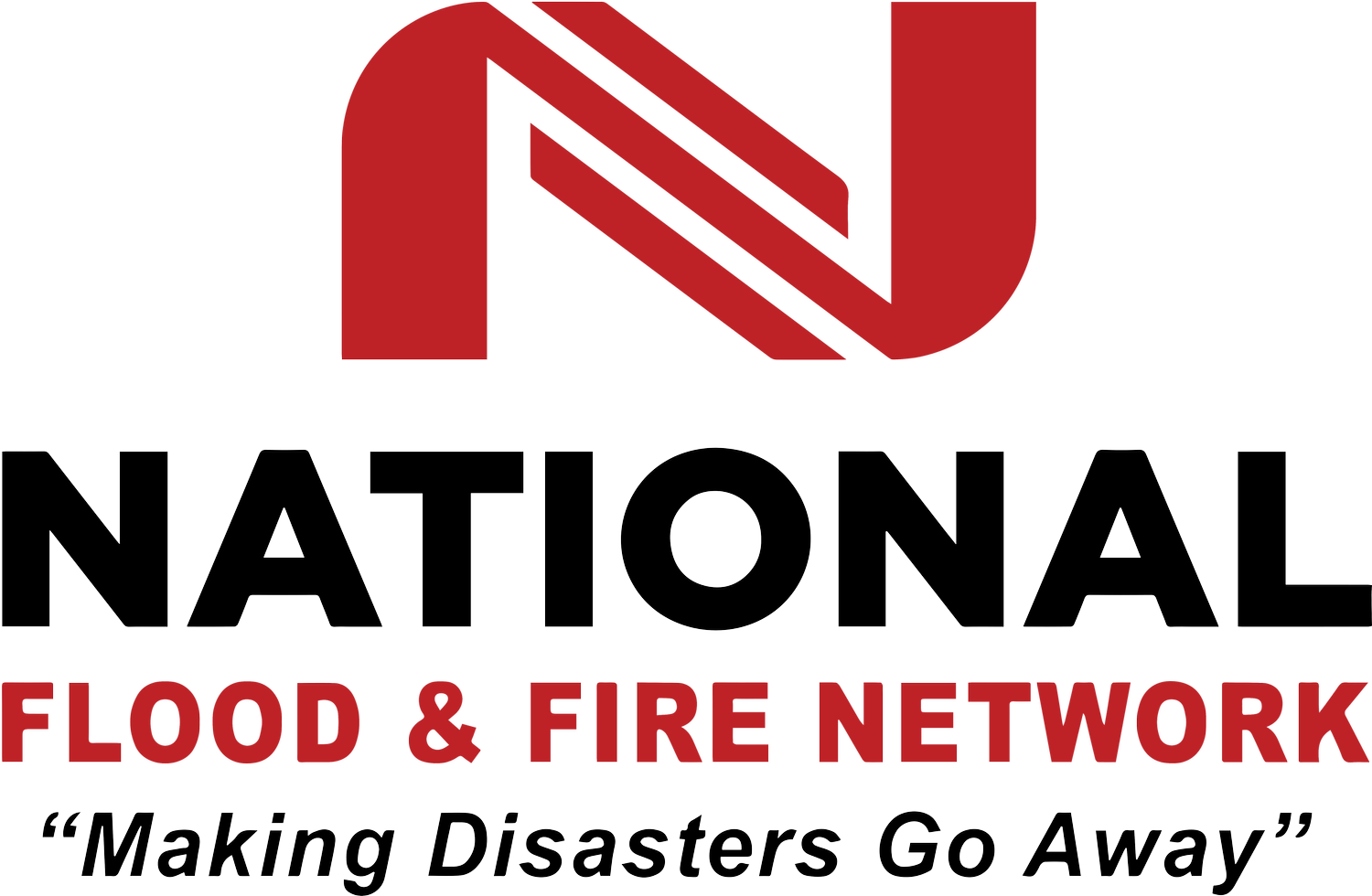In case of a Flood
Property floods are commonly caused by nature or due to a household malfunction and can occur at any time of the year. In case of a flood, here are some steps to take immediately following the event.
1. Fix the source of loss and contact a reliable maintenance company
You will need to have the source of the loss fixed. This will prevent any further flooding to your property. Make sure to shut off the water and electricity to avoid any other incidents, damages or injuries.
2. Contact your insurance company
After fixing the source of the loss, you will need to call your insurance agent. They will give you valuable information regarding your coverage, as well as where to stay if your home is uninhabitable. Your insurance company will usually dispatch an insurance adjuster to evaluate the damage either that day or on the next business day.
3. Contact a reputable restoration company
You will need to choose a restoration contractor (such as National Flood and Fire Network) you are comfortable with. Your insurance company may recommend contractors in your area, but the final decision is yours alone. Your insurance company will pay the reasonable repair costs for most reputable companies. A restoration company will be able to help with the following details regarding the process.
4. Do not enter your home until advised it is safe
If the main power switch was not turned off prior to flooding, do not re-enter your home. Home appliances that may have been flooded pose a risk of shock or fire when turned on. Do not use any appliances, heating, pressure, or sewage system until all electrical components have been thoroughly cleaned, dried, and inspected by a qualified electrician.
5. Beware of contamination
Flood water can be heavily contaminated with sewage and other pollutants that can cause sickness or infections. If there seems to be anything unusual about the color, odor or taste of your drinking water, it’s possible your water has been contaminated. Do not drink it.
6. Secure and store valuables
Store all valuable papers that have been damaged in a freezer until needed. Upon clean-up, consult legal counsel to determine whether flood-damaged documents need to be restored or retained.
7. Make a record of the damage
Record the details of flood damage through photographs or video, if possible. This will be helpful for any insurance claim.
Click on the image for a pdf infographic about how to prepare for flooding and what to do if your house is flooding.


